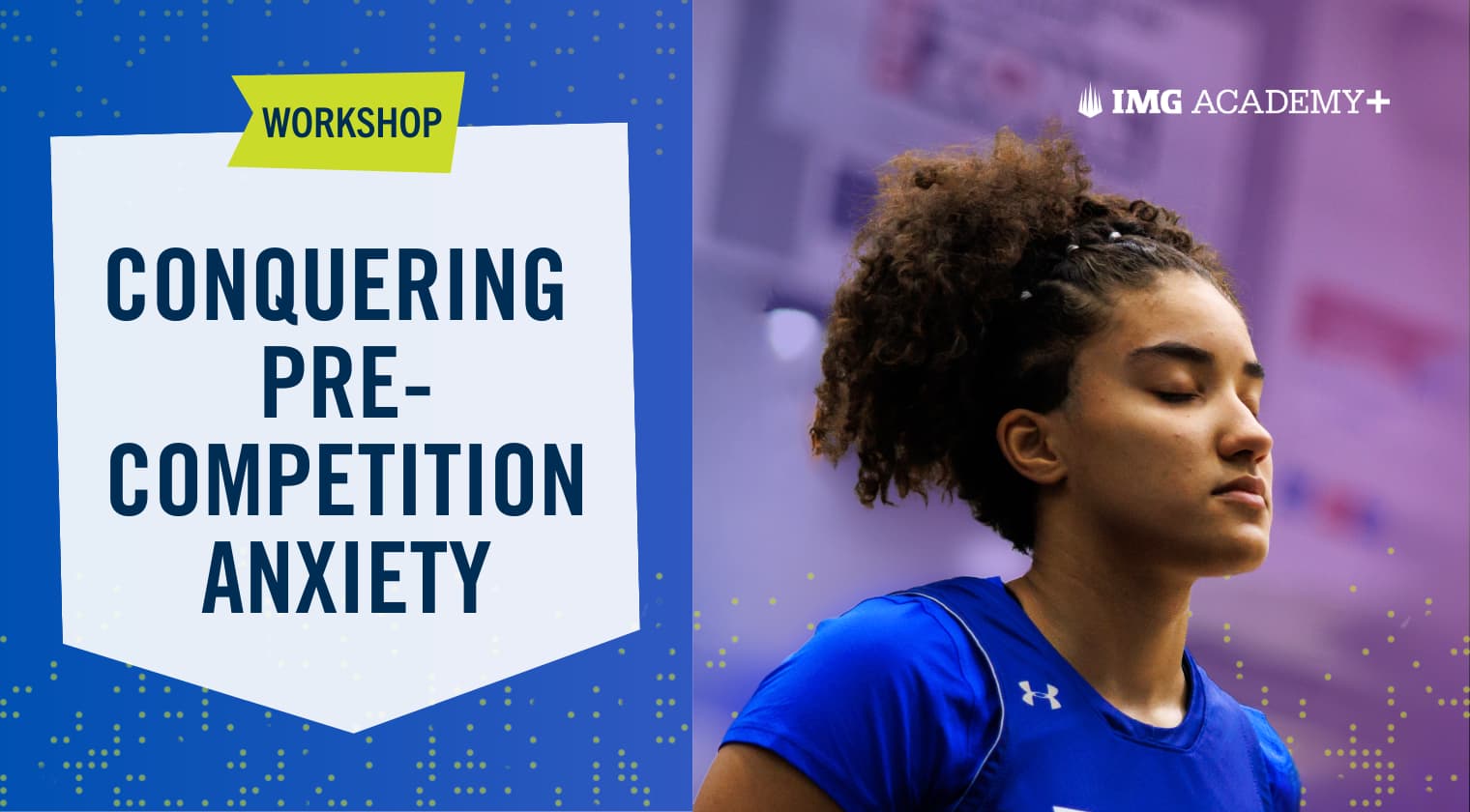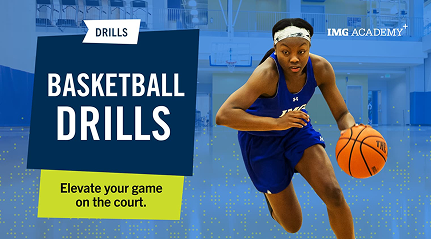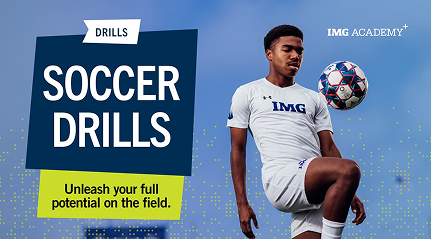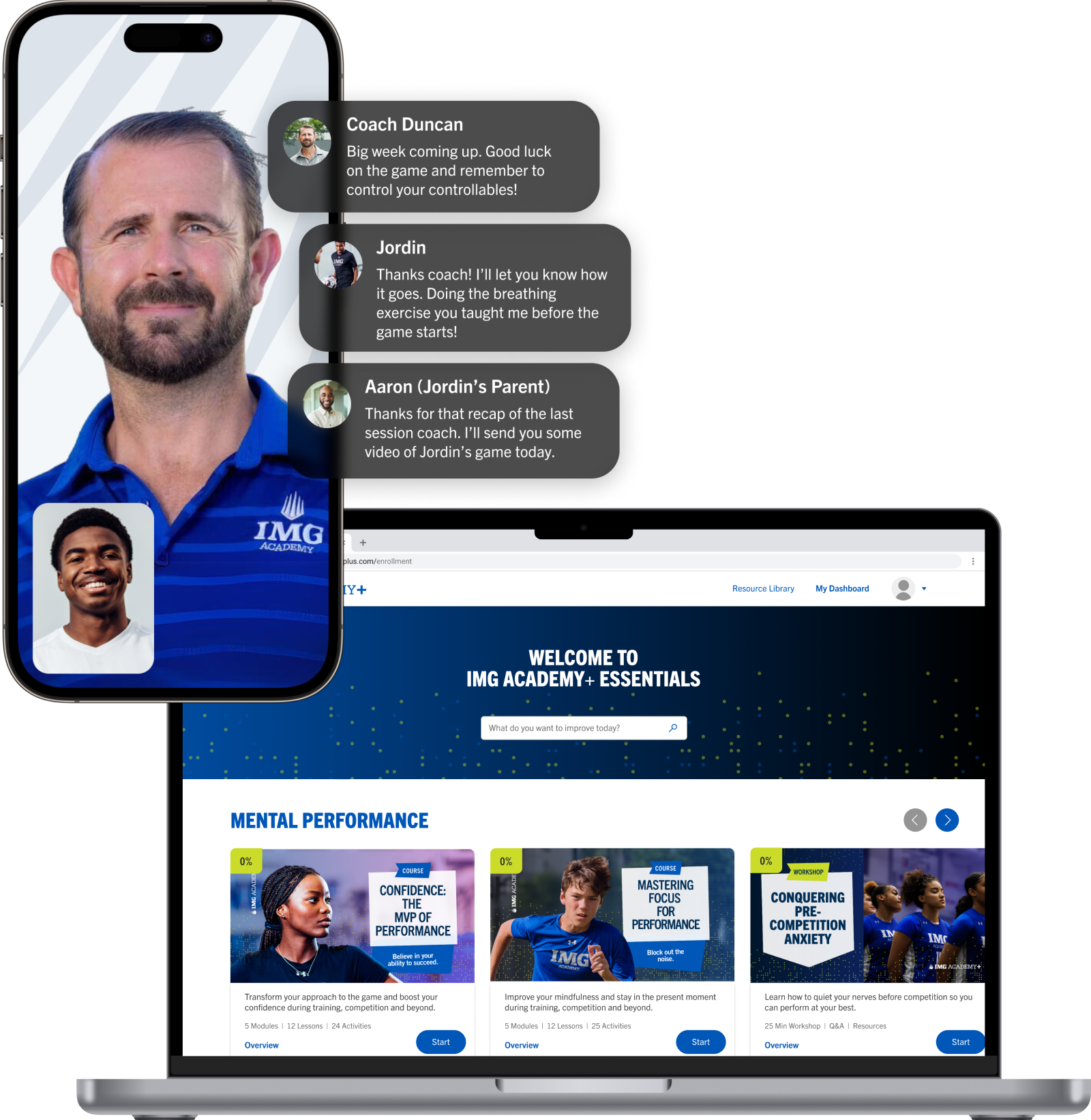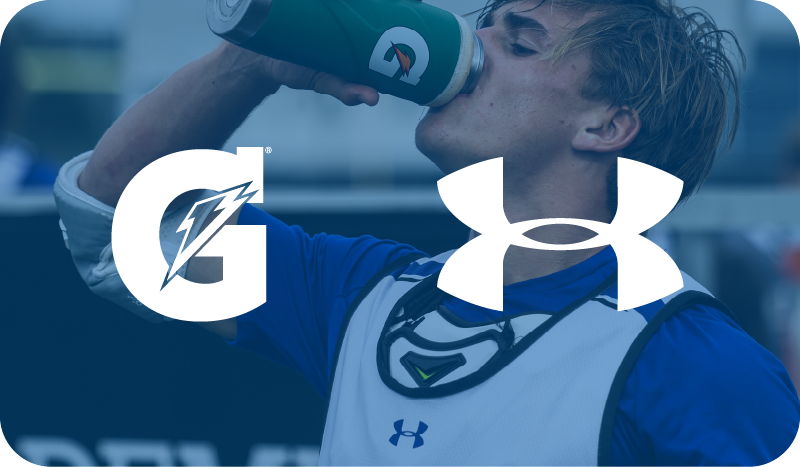Parents want the best for their children. That’s why you’ve driven to hundreds of practices, cheered through endless games, and done mountains of laundry.
But sometimes that "best" means examining your own relationship with confidence — and your own mental health.
"So many parents are just trying to get through it all," says Lindsey Hamilton, Head of Mental Performance at IMG Academy. "We’re always trying to do what we can and put on a good face and help our athletes. It’s very easy for us to not put that care into ourselves."
Neglecting your own mental wellness, though, can end up affecting your child — exactly what you’re trying to prevent with all of your devotion.
How Does a Sport Parent’s Confidence Affect Their Student-Athlete?
Unsurprisingly, modeling confidence is a critical factor in helping children develop their own confidence. (In fact, it’s the No. 1 tip from the Child Mind Institute for raising confident kids.) It sets a baseline for what children consider "normal."
But putting forth a steel shield of confidence is not the answer, as even highly confident adults have moments of doubt and times of error. Children might not yet have learned that truth.
Hamilton relates a story of leading a confidence workshop for kindergartners. When she pointed out that people can make mistakes and still be confident, one girl proudly announced that her mother was the most confident person she knew — and that she never made mistakes.
"The confidence of the parents becomes normal for the kid, but they don’t often see behind the scenes of what has contributed to this confidence," Hamilton says. "Sometimes if we have a parent who’s overconfident, maybe the child feels less so, because they’re like, "My mom or dad is confident, and I don’t feel that way, so surely I just am inherently not confident."
Transparency about what actually builds a sport parent’s own confidence — including mistakes and moments of uncertainty — can send a clearer, more realistic message about how student-athletes can develop their own.
How Your Mental Health Affects Your Student-Athlete
Just as parents'self-assurance lays the groundwork for their children’s personal development, so too do parents'attitudes toward their own mental health. Statistically speaking, children whose parents wrestle with mental health have a higher chance of struggling with physical, mental, and emotional health themselves. Also statistically speaking, there’s a reasonable chance that your family may be affected by two of the most common mental illnesses: anxiety and depression. Experts estimate that 31% of U.S. adults will face an anxiety disorder within their lifetime, and 8% had a depressive episode in 2021 alone.
Both depression and anxiety can cause sport parents to either withdraw or act out in anger. This can impact children directly, leading to a sense of neglect or fear — but perhaps the worst side effect of a parent’s mental health issues is the risk that their child could develop symptoms too.
Children of depressed parents have an elevated risk of depression; the same is true of anxiety. Being aware of the symptoms of these common mental illnesses can help parents understand when they need to seek help, both to improve their own lives and to help foster their children’s well-being.
How Improving Your Mental Health Helps Your Student-Athlete
Awareness is the first step. Criteria for specific mental illnesses vary widely, but for anxiety and depression, if you’re feeling excessive and uncontrollable worry for more days than not for six months or more, or depressed mood or significant distress for two weeks or more, it may be time to seek help.
Therapy, medication, and self-care can all play a role in supporting adult and adolescent mental health. Primary care doctors can be a starting point for seeking treatment, and Psychology Today has a widely used directory of mental health practitioners across the United States who specialize in a number of conditions.
Remember that just as modeling confidence can inspire it in your children, taking steps to safeguard your mental health demonstrates that it’s OK for them to disclose their struggles.
"We have interacted with parents who see a therapist because they know they deserve to take care of themselves," Hamilton says. "I have kids who come in who might need additional support, and I’ll ask them if they potentially want to seek mental health resources, and they’re like, ‘Oh, yeah, my mom does that.'So the conversation has already happened before the mental health need arises."
Ready to learn more about a growth mindset and other performance tips? Sign up for IMG Academy's email list.
How Mental Health Differs from Mental Performance
Mental health isn’t the same thing as mental performance — but they are related, as both allow a student-athlete to thrive on and off the field.
IMG Academy coaches student-athletes on the five aspects of mental performance: confidence, focus, resilience, commitment, and handling pressure. Think of it as training for the mind that amplifies student-athletes'physical training. It’s a way to help them cultivate the mindset they need to develop skills that will guide them throughout their academic and athletic futures, using a combination of personalized one-on-one coaching, group coaching, and on-demand education.
Download the High Performance Parenting guide and work through five modules to guide you through supporting your student-athlete.
Download Now

